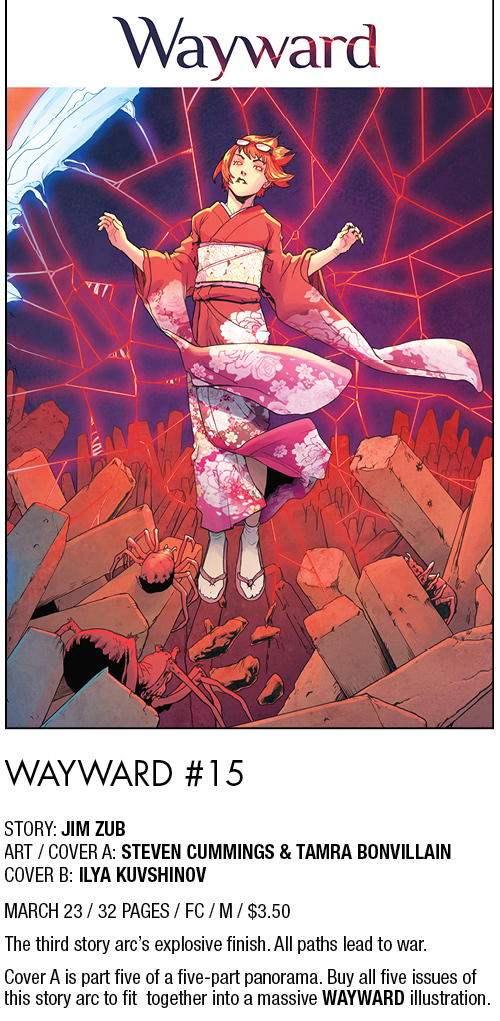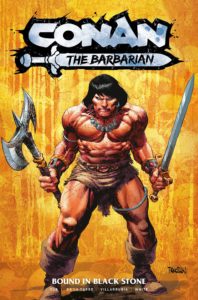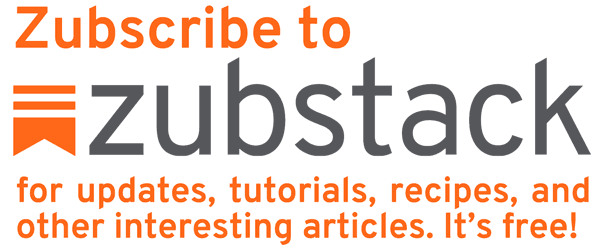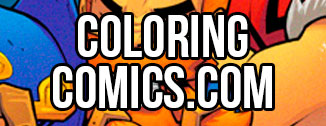I’ve spoken before about how important it is for independent creators to reach out to retailers even if they have a publisher. Building a healthy dialogue with the people who are on the ground selling your work can make a huge difference to finding an enthusiastic readership and, of course, future sales of your book.
Comic retailers in the direct market have an incredibly difficult job. Each month they comb through the Diamond Previews catalogue and decide how many copies of HUNDREDS of different line items they’re going to purchase for their store. The key word there is “purchase”. The vast majority of items ordered by comic shops are bought on a non-returnable basis. Essentially, the comic store is your actual customer and they’re selling comics to their customers at a mark-up to cover the items that don’t sell, pay their rent/bills, and ideally actually make some kind of profit on their investment.
Think about that for a minute. Put yourself in their shoes. You invest thousands of dollars buying comics based on a postage stamp cover image and brief description of the contents from a catalogue, multiplied by several hundred times every single month. Order too little, your customers are annoyed and you lose out on important purchases. Order too much you’re stuck with product that takes up space and loses you money.

Imagine trying to accurately order like this for hundreds of different comics per month.
When you realize how difficult ordering non-returnable comics are, a lot of retail behavior that may seem obtuse suddenly makes perfect sense. That’s why pre-orders and pull files are so important. That’s why books coming out when they’re solicited is so crucial. That’s why well known publishers, characters, and creators are such a priority. At every turn a retailer is trying to minimize variables to make sure they can sell through on what they order. The more inventory they’re unable to move, the harder it is for them to stay afloat.
If you want to increase your orders through the direct market, you have to prove your work is something a retailer can count on. One of the ways I do that is by sending my retail email list a complete PDF of my creator-owned comics before Final Order Cut-Off (the final date where retailers can adjust their order numbers before we set our print run).
I want retailers to know exactly what they’re ordering and feel confident in terms of who they can sell it to. I remove the unknown about the contents from their ordering equation so they can make a more accurate assessment of its worth to their store.
Here’s an example of the retail preview email I send out through Mail Chimp (a great web-based email list organizer), with the download link redacted:

Some common questions I get from other creators about this practice:
Q: Do you send the entire issue or just a preview?
A: The whole thing. Like I said above, I want retailers to know exactly what they’re ordering and to be informed so they can bring their customers on board the work I’m doing.
Q: How do you add retailers to your email list?
A: Whenever I meet a retailer at a convention and I get their card, I ask if it’s okay to add them to my list. Same with any retailer contact I have online. It’s a slow build but works a lot better than spamming random retailers hoping they respond.
Q: Aren’t you worried retailers might reduce their orders when they read the whole issue?
A: It’s possible, but I’d rather have a shop order what they can sell than have unsold copies hanging around for months and months on end making me look bad. I think the quality of what I’m producing is worthwhile, but either way I respect the stores who are ordering my comics and want them to be fully informed about what they’re getting when they place that order.
Q: Aren’t you worried about someone pirating the PDF you send out to retailers?
A: I’m sending this advance PDF out about a month before release, so it’s possible they could pirate the work, but that would also cannibalize their possible sales as well, which seems counter-intuitive. I respect the fact that they’re my retail partner and have to trust that they’re not trying to hurt the comic industry. So far no one has screwed me over on this, and my fingers are crossed that it remains that way moving forward.
Q: What if they ignore the email and don’t read it?
A: Then I’m in the exact same boat I was before, but at least it’s there if they ever want to dig in and see what I’m producing.
When publishers try to pull a fast one on retailers by artificially inflating sales or not delivering what they promise, it breaks trust and leaves retailers in a difficult spot. Don’t get me wrong, I absolutely want to sell as many copies as possible because that enables me to keep creating, but I also want to make sure those copies are reaching excited readers. When retailers know they can rely on my work, they’ll order more copies, promote it better, and help me build an audience that comes back for each new project I announce.
If you’re a retailer who isn’t already receiving advance PDFs from me, please contact me with your store site and contact info so I can make sure you’re on my retail email list. I want to work with you and keep making great comics.
If you found the above tutorial helpful, feel free to let me know here (or on Twitter), share the post with your friends and consider buying some of my comics to show your support.





 Zub on Amazon
Zub on Amazon Zub on Instagram
Zub on Instagram Zub on Twitter
Zub on Twitter
Found this post via Jeremy Melloul’s blog – and I think this is a GREAT idea from your side! It really takes the uncertainty out of ordering (your) comics for any store…
And this should be also help to expand the comic reading circle hopefully!
Do you have any data how the inclusion of your comics on a few recent Humble Bundles affected your overall sales?
I won’t get data from digital sales like Humble Bundle for another 6-8 months. Digital sales data is included with the twice yearly accruals reports from Image.